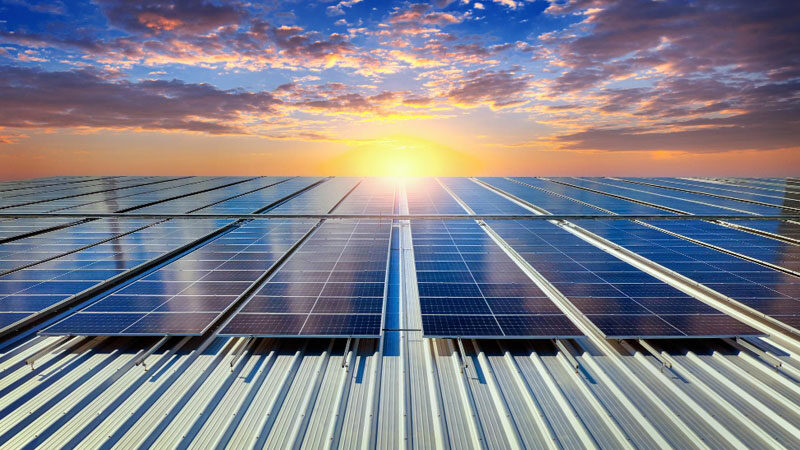The Environmental Impact of Using Solar Power at Home
Solar energy is widely recognized for its ability to lower electricity bills, but its greatest value lies in the positive impact it has on the environment. As global concerns about climate change and pollution grow, more homeowners in Bali and Lombok are turning to solar power not just for savings, but also for sustainability.
Reducing Greenhouse Gas Emissions
One of the most significant environmental benefits of solar power is the reduction of greenhouse gas emissions, especially carbon dioxide (CO₂). Unlike coal or gas-powered electricity, solar panels generate energy without burning fossil fuels. A typical residential solar system can offset several tons of CO₂ annually, helping to slow down global warming.
Minimizing Air and Water Pollution
Traditional power plants release not only CO₂ but also other harmful pollutants like sulfur dioxide, nitrogen oxides, and particulate matter — all of which contribute to respiratory problems and acid rain. Solar energy, on the other hand, is a clean technology that does not pollute the air or require large volumes of water for cooling, making it a healthier alternative for people and the planet.
Reducing the Need for Fossil Fuels
By generating electricity from the sun, homes equipped with solar panels reduce the demand for energy from fossil-fuel-based sources. This helps decrease dependence on non-renewable resources and supports the global transition to a low-carbon economy. In areas like Bali and Lombok, which enjoy abundant sunlight, the switch to solar is both practical and impactful.
Preserving Natural Ecosystems
Fossil fuel extraction — such as coal mining and oil drilling — often leads to habitat destruction and biodiversity loss. Solar energy production, especially through rooftop systems, requires no disruption to natural landscapes. This makes solar a far less invasive energy source that preserves the beauty and ecological balance of tropical environments like those in Indonesia.
Supporting Sustainable Urban Development
As more communities adopt solar power, it contributes to the development of eco-friendly cities and neighborhoods. With solar installations on homes, villas, and commercial buildings, urban areas become more energy independent and climate-resilient. This aligns with government and international goals for reducing emissions and promoting renewable energy.
Long-Term Sustainability with Minimal Waste
Solar panels are designed to last 25 years or more with very low maintenance. At the end of their lifespan, many of their materials—such as aluminum, glass, and silicon—can be recycled or reused. Compared to the continuous emissions and waste of fossil fuel use, solar power offers a much more sustainable energy lifecycle.
Clean Energy for a Greener Tomorrow
Switching to solar power at home is one of the most impactful decisions a homeowner can make for the environment. From reducing pollution to conserving natural resources, the environmental advantages are clear. PT. Maxima Global Sinergy is committed to helping families in Bali and Lombok embrace clean, renewable energy with high-quality solar solutions designed for lasting impact.

